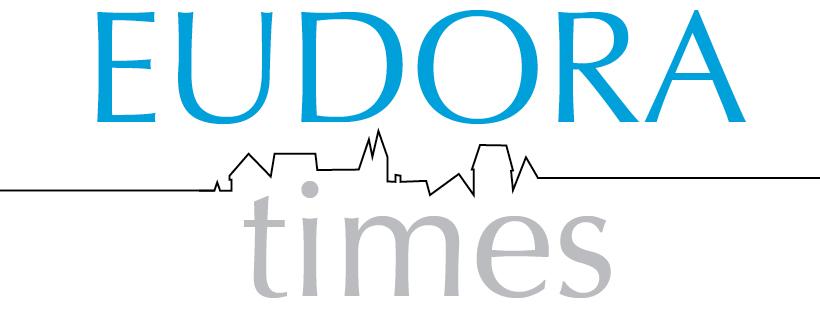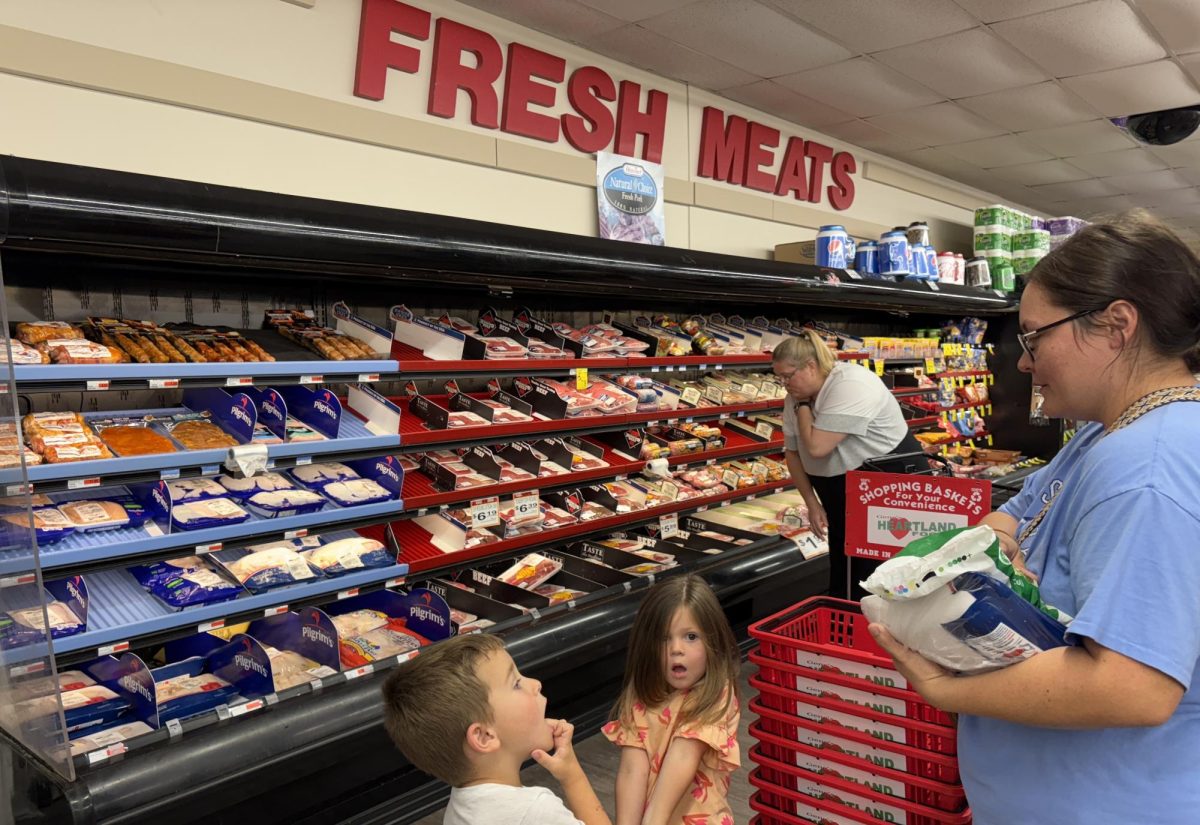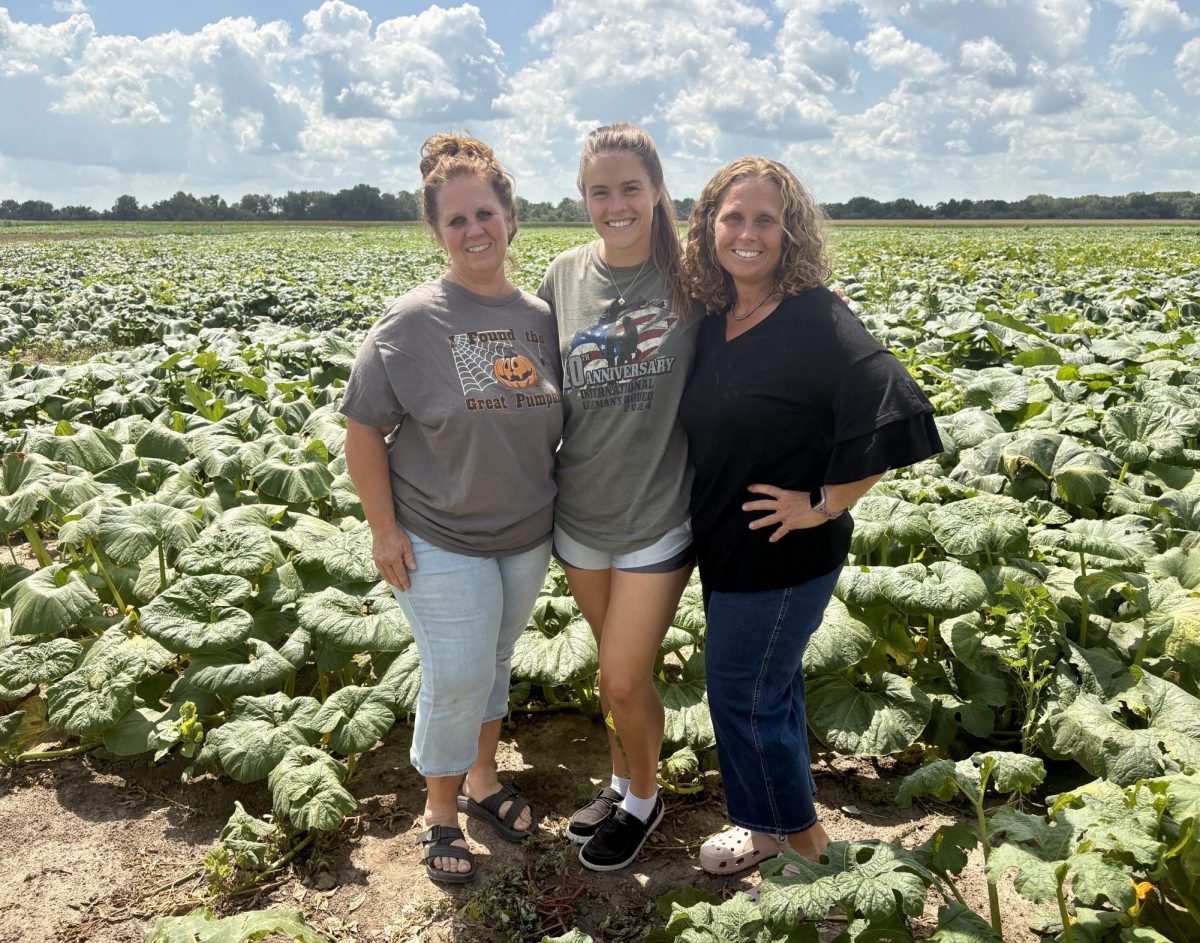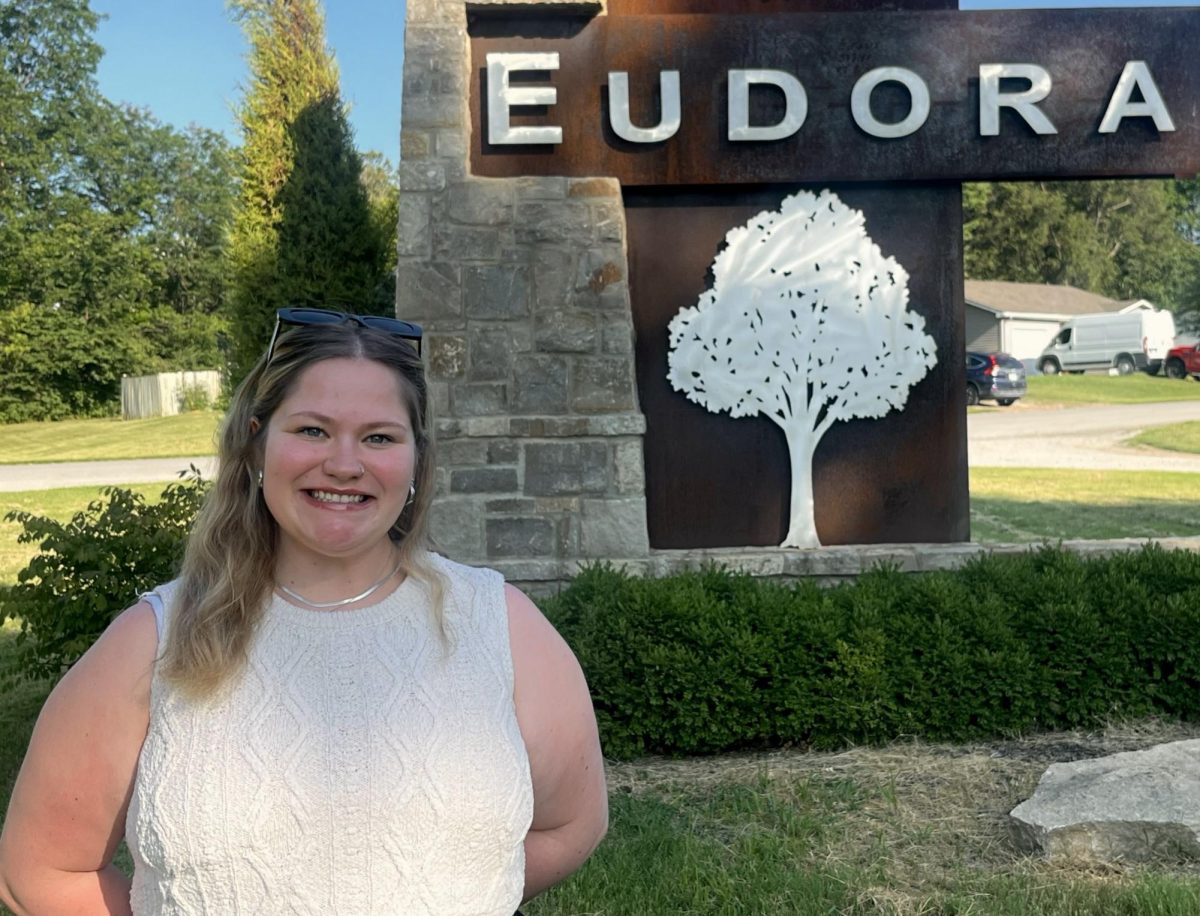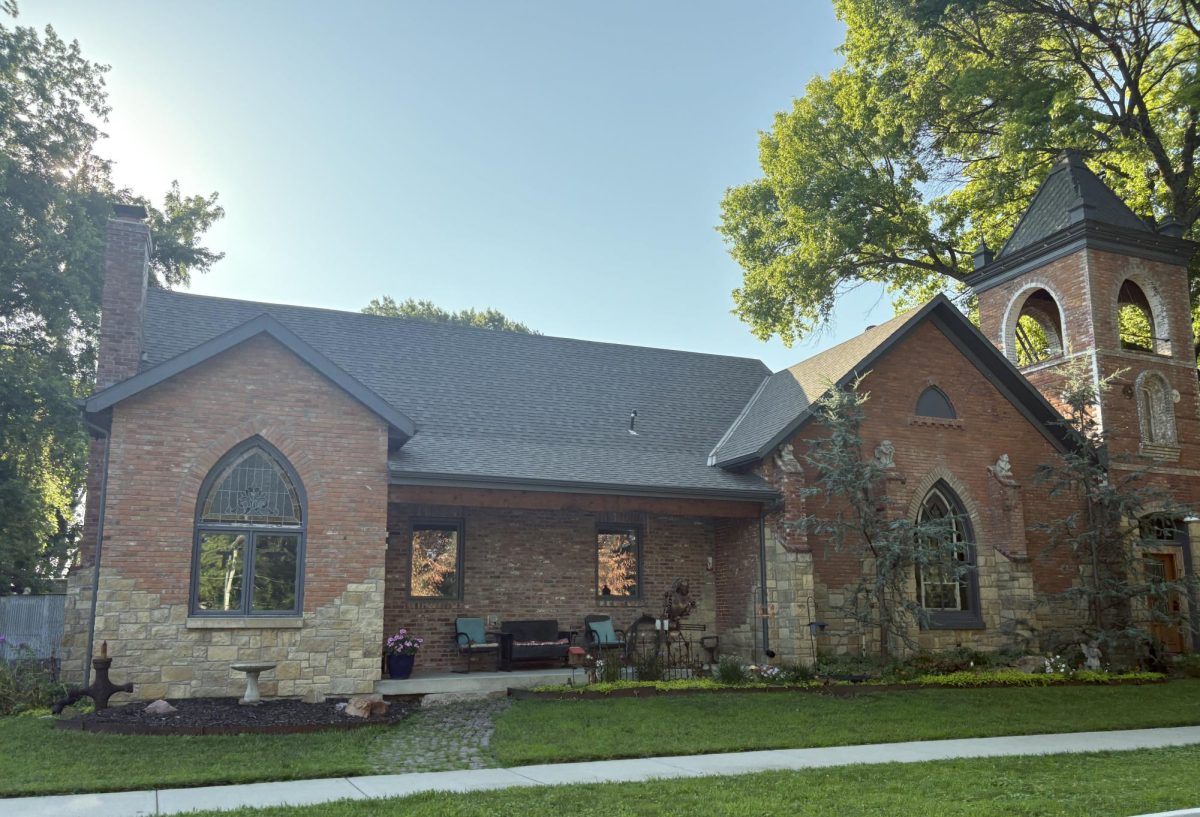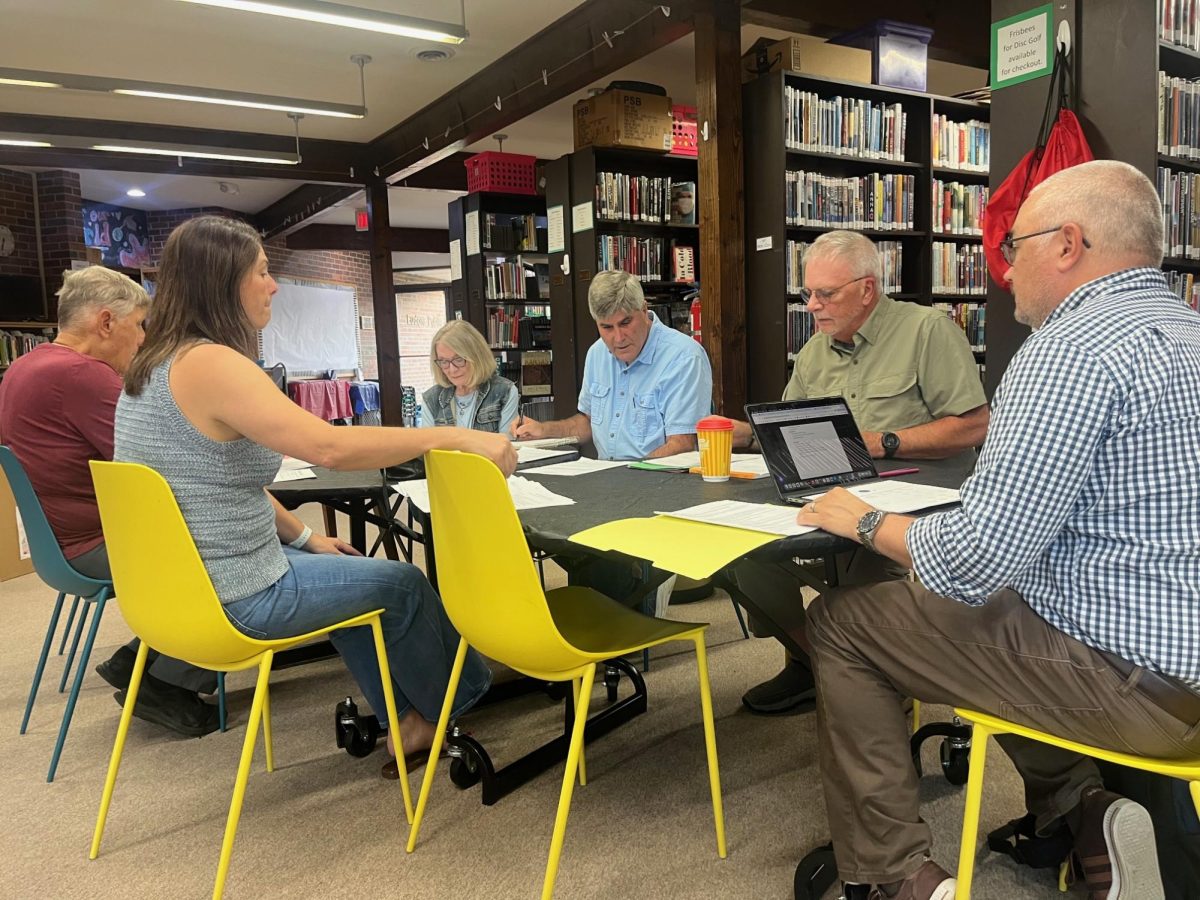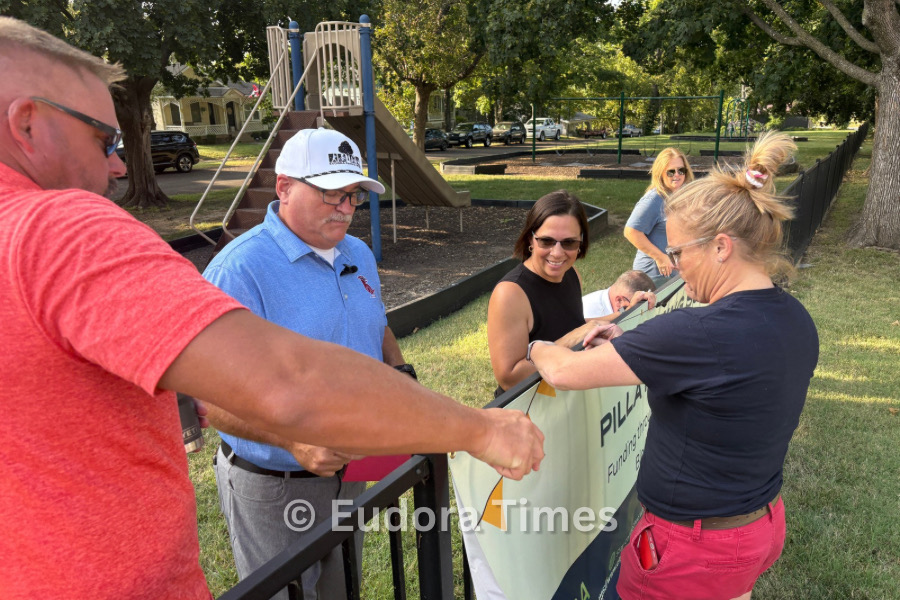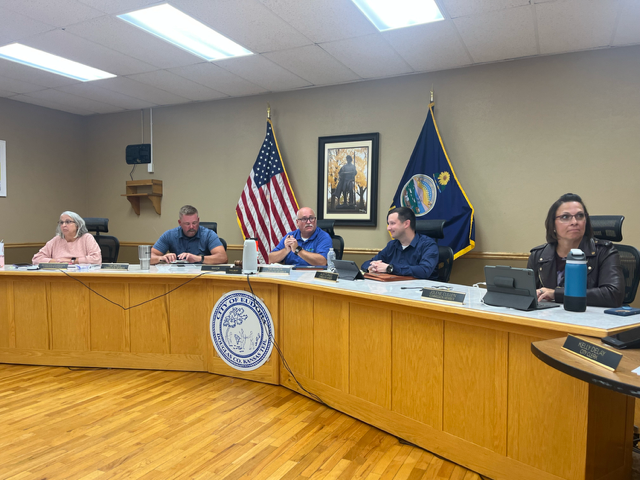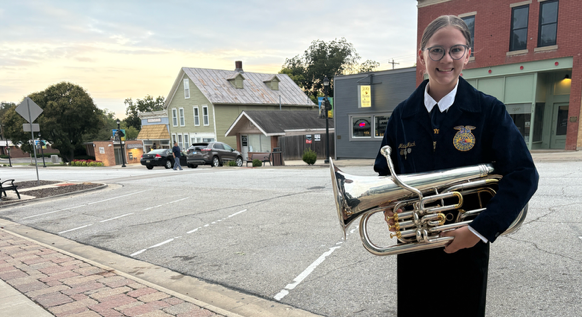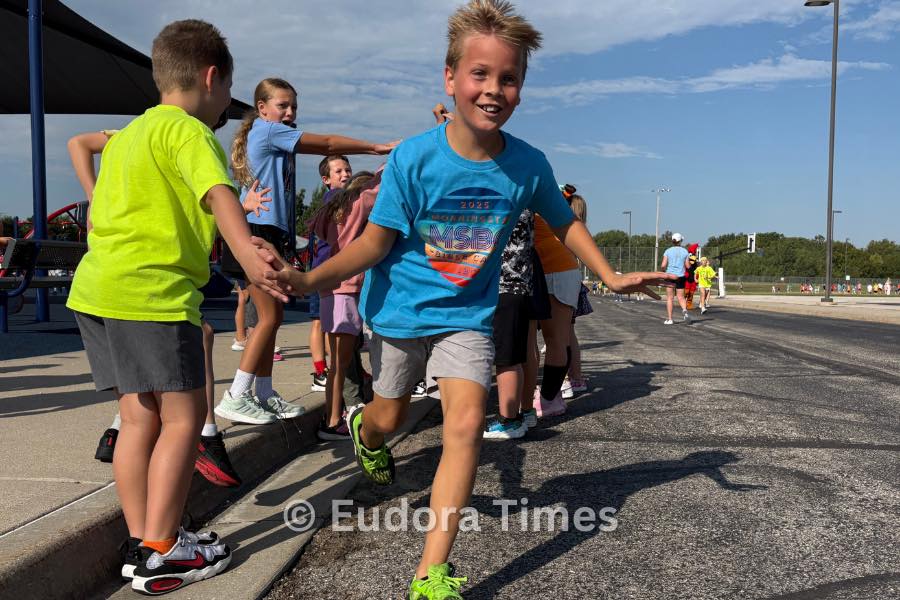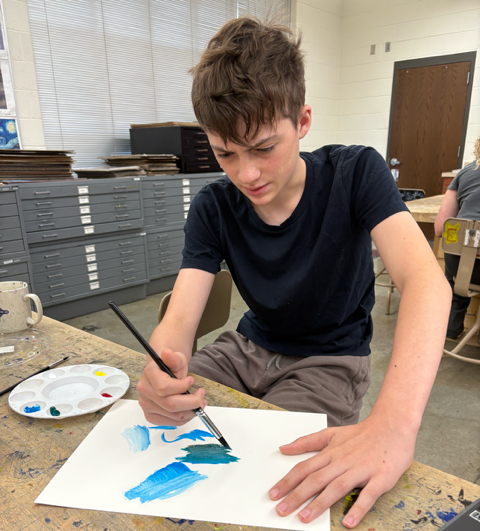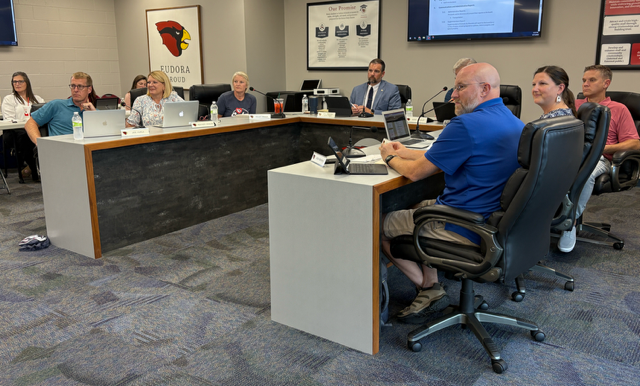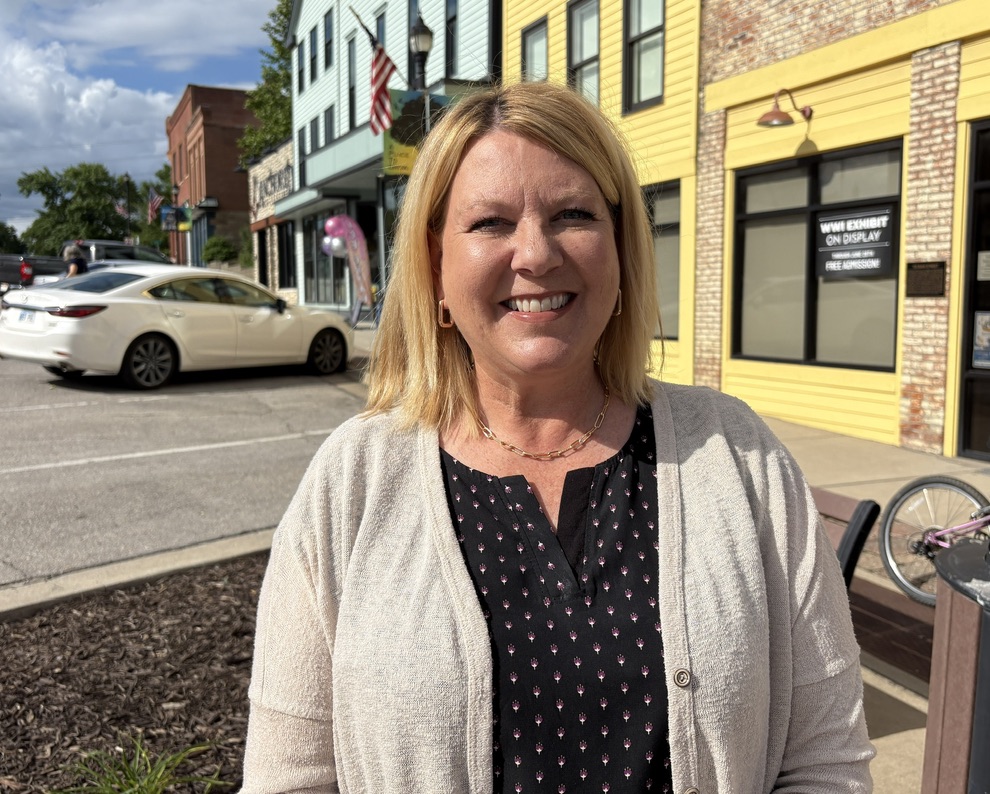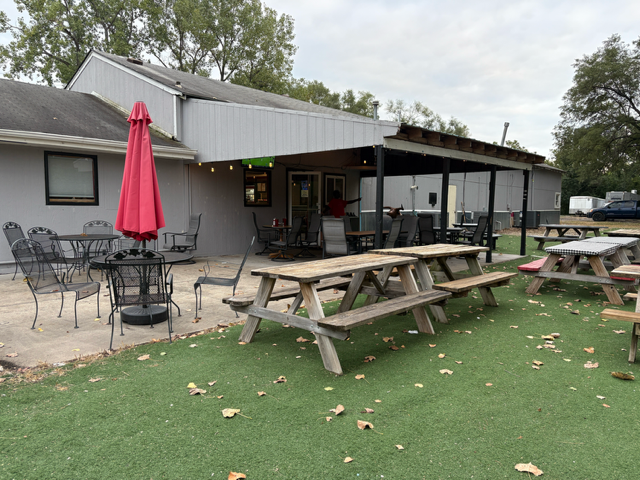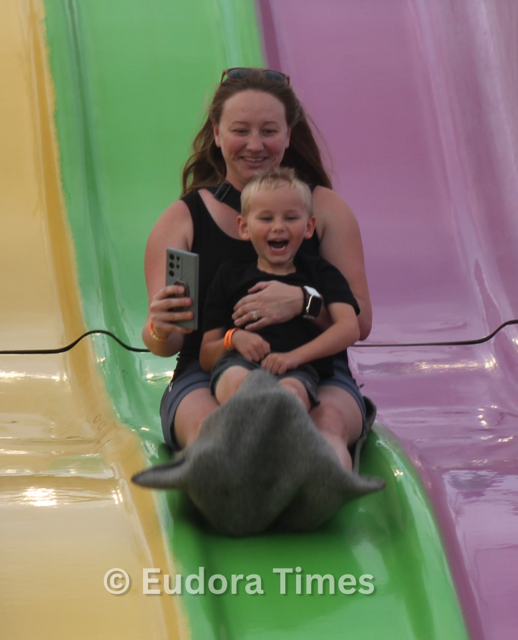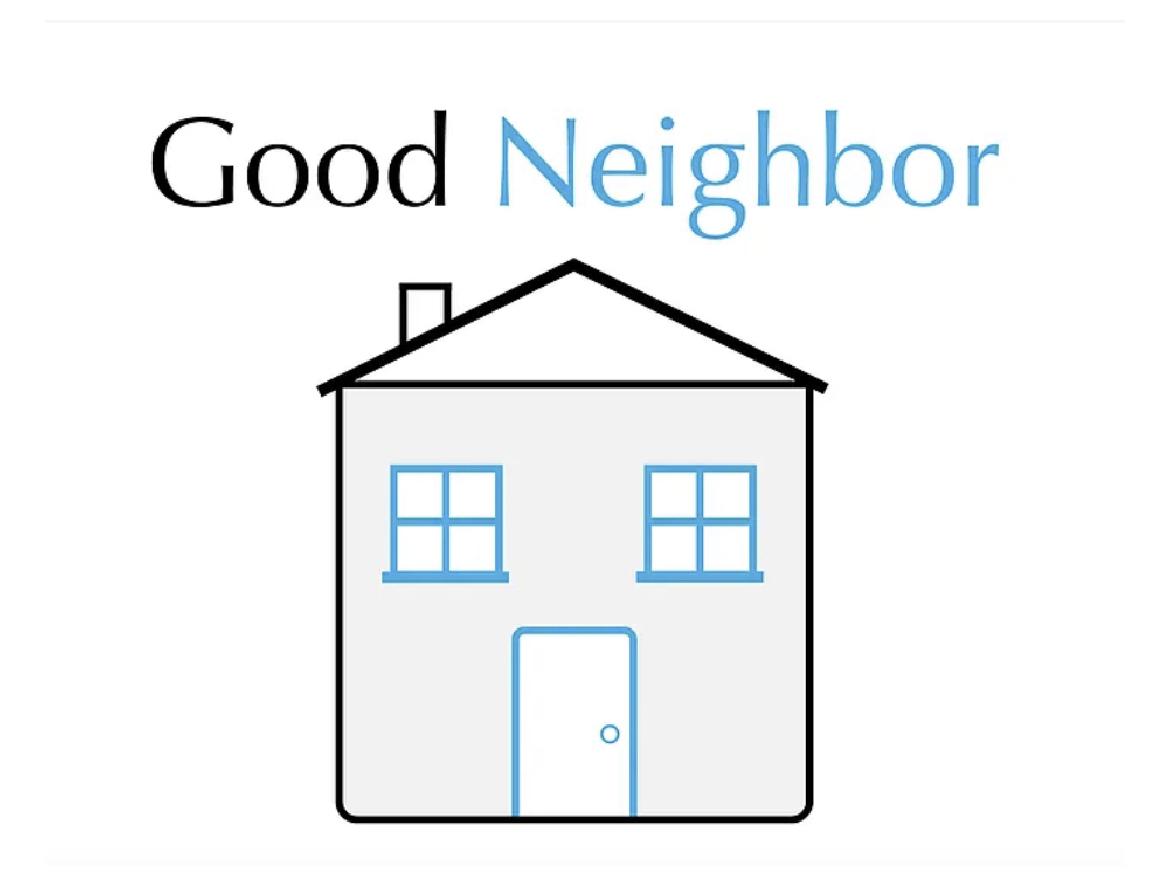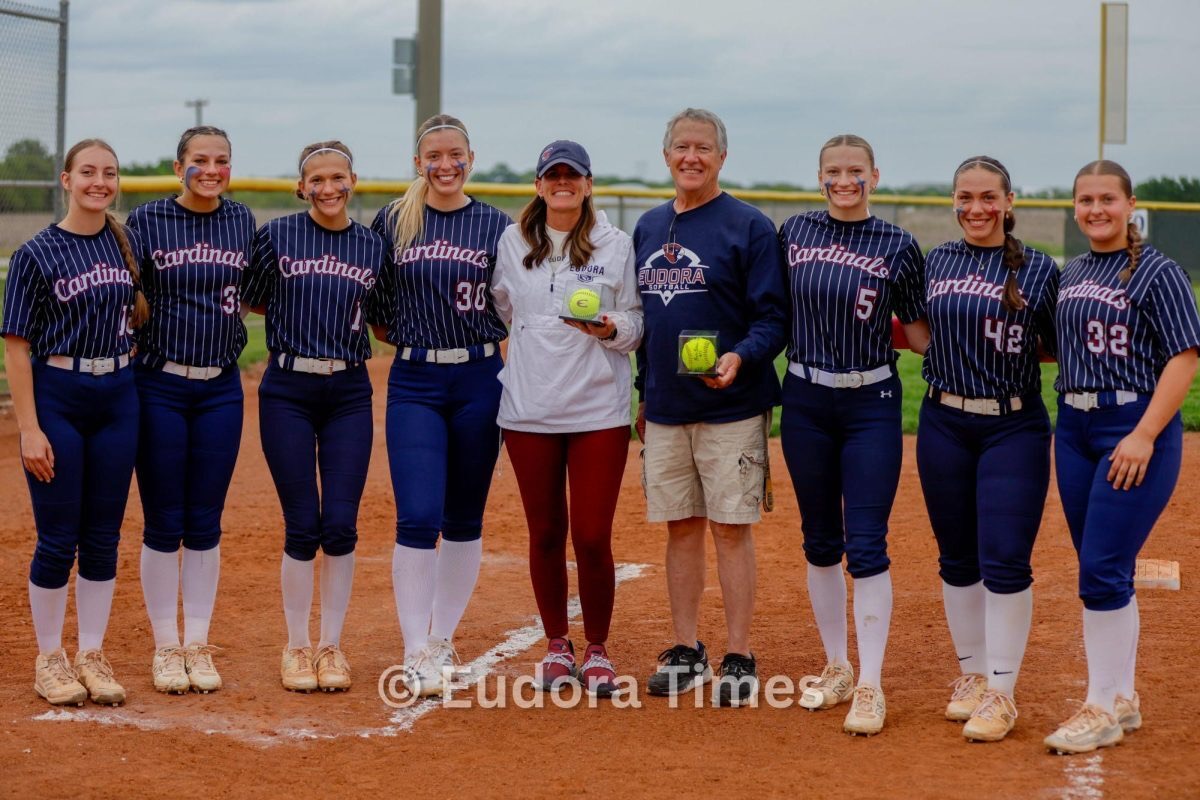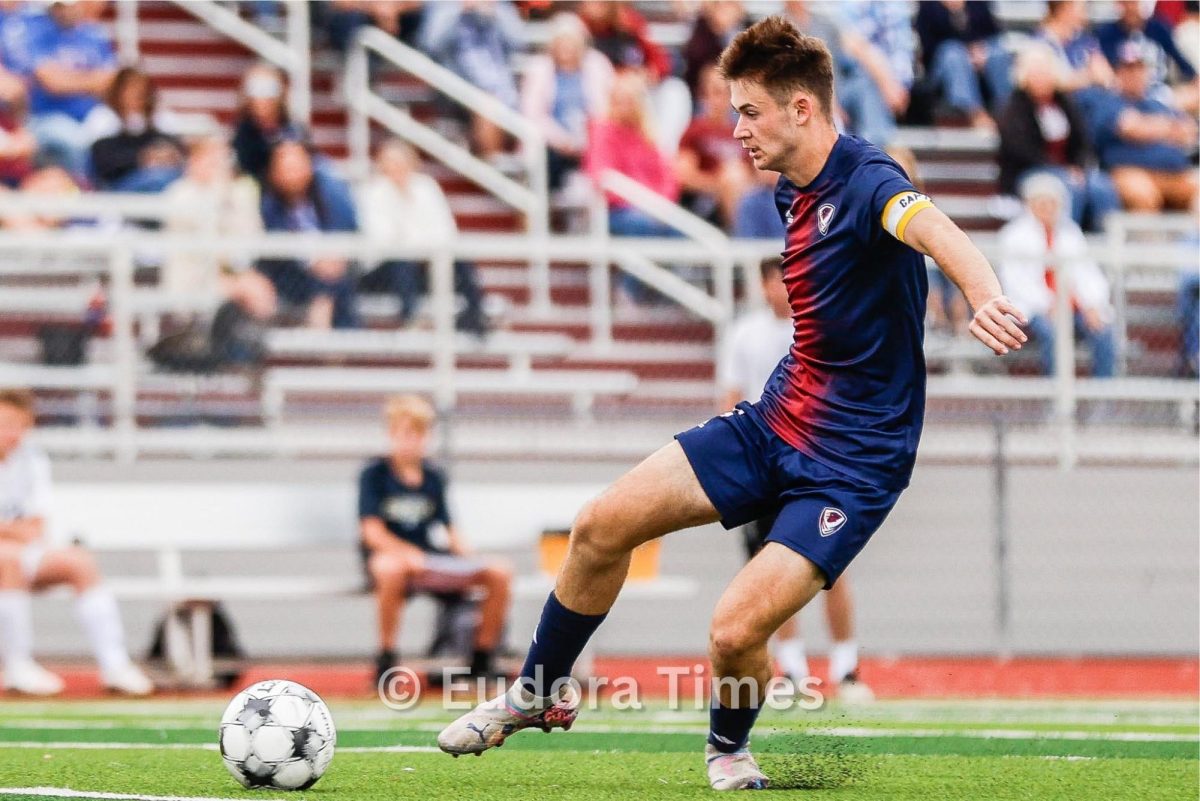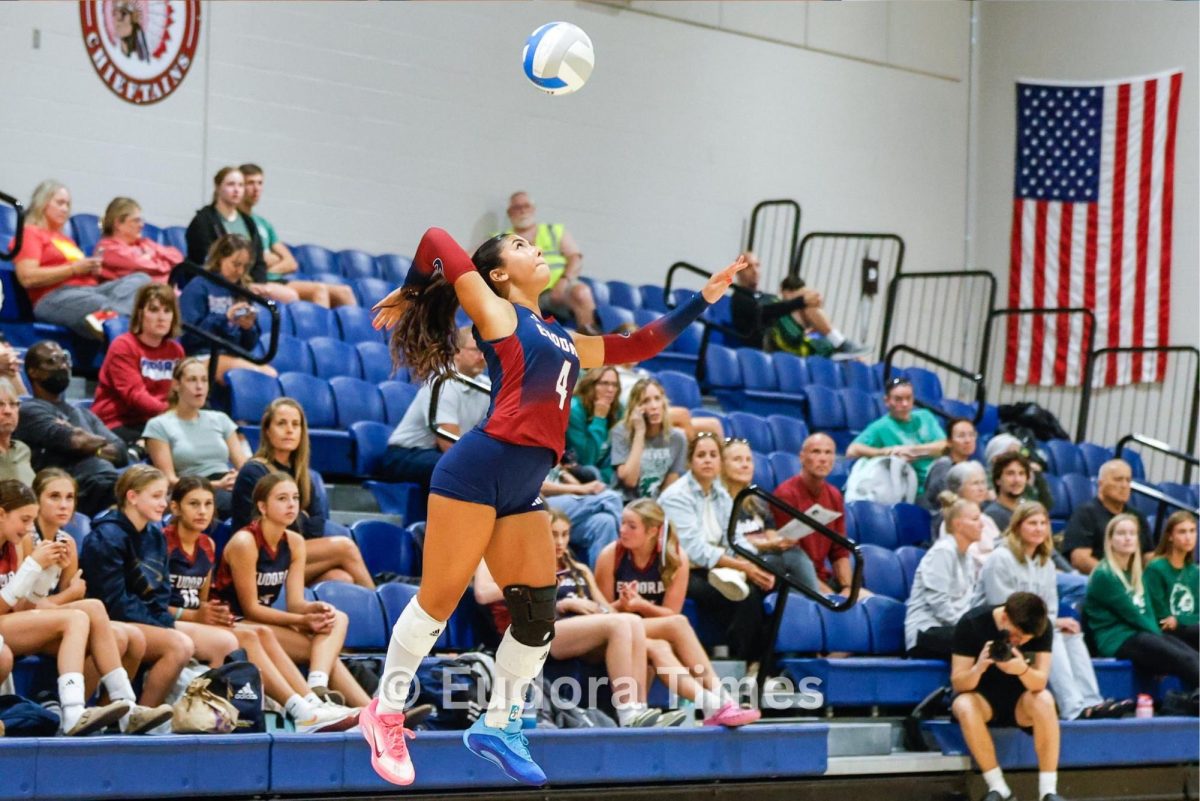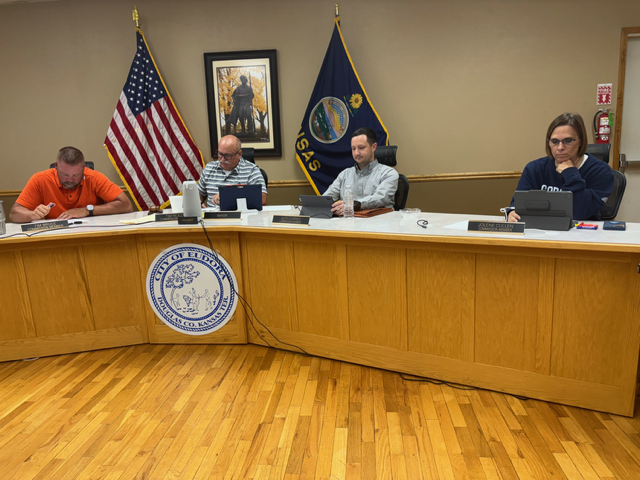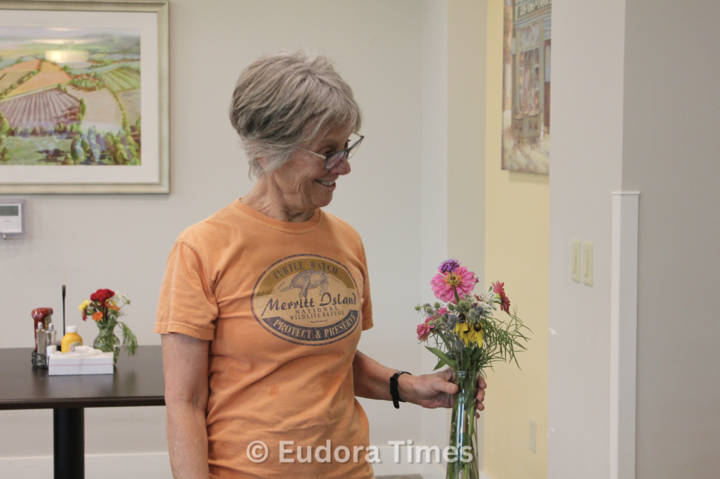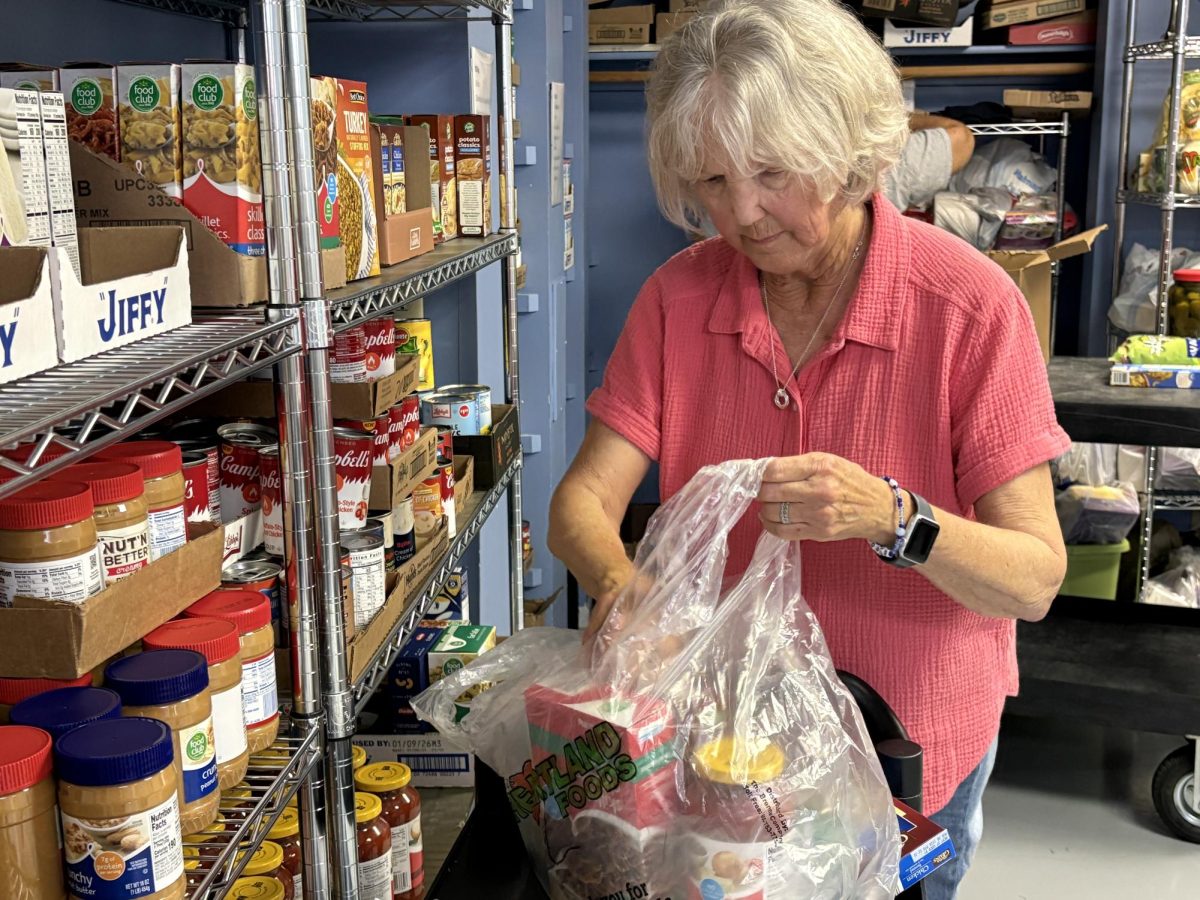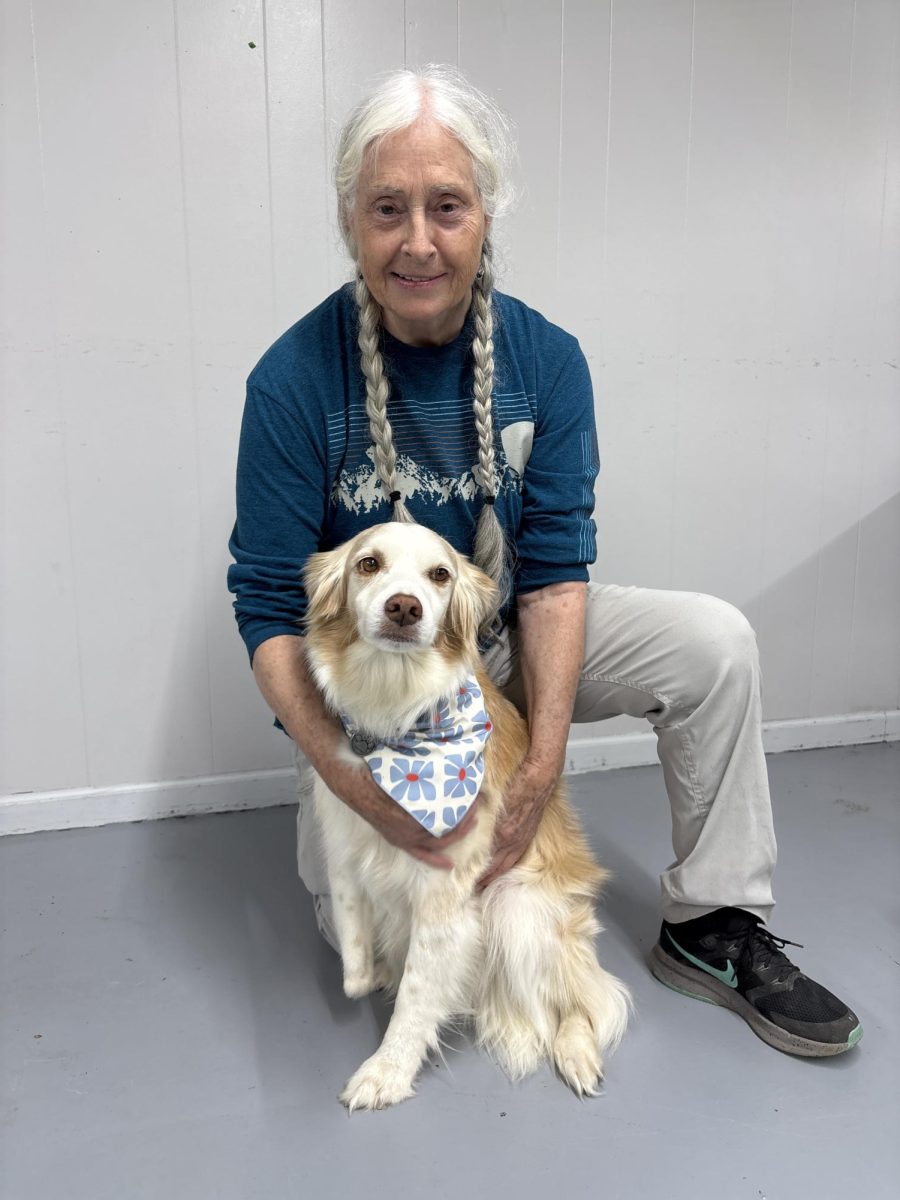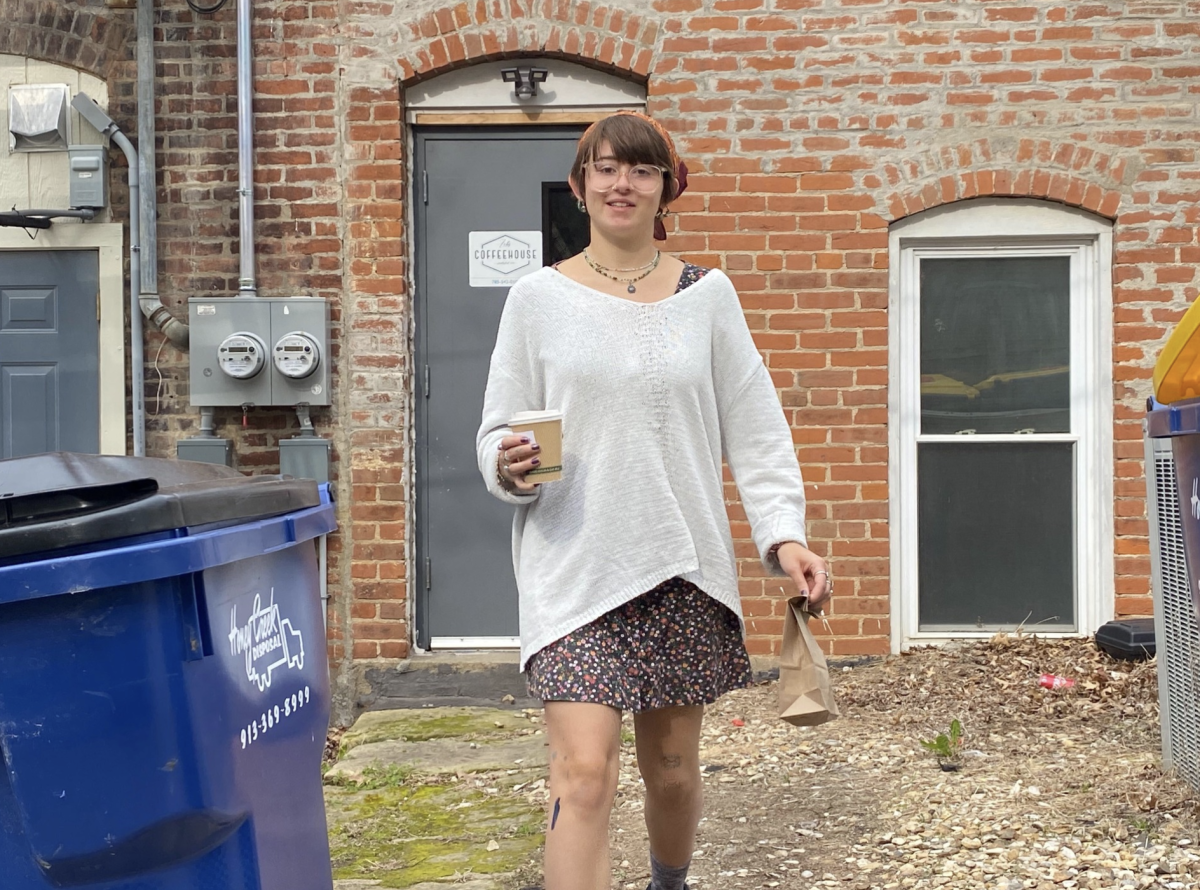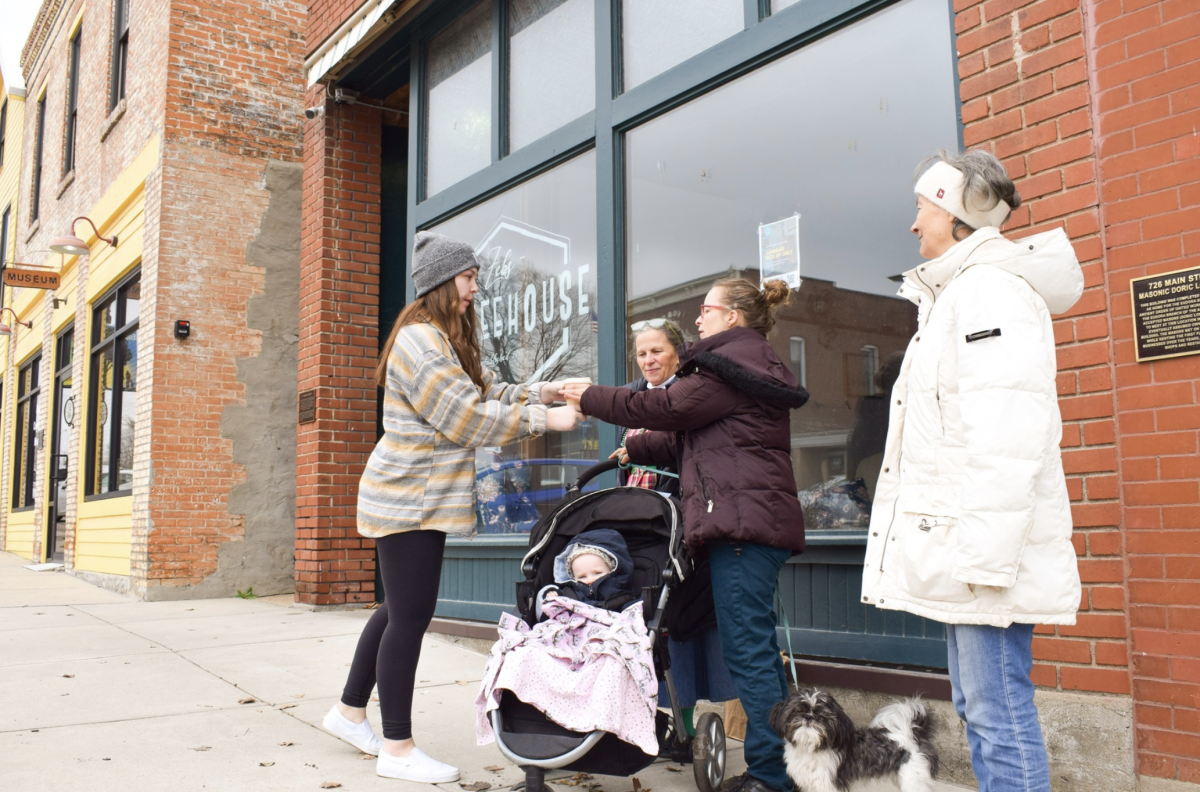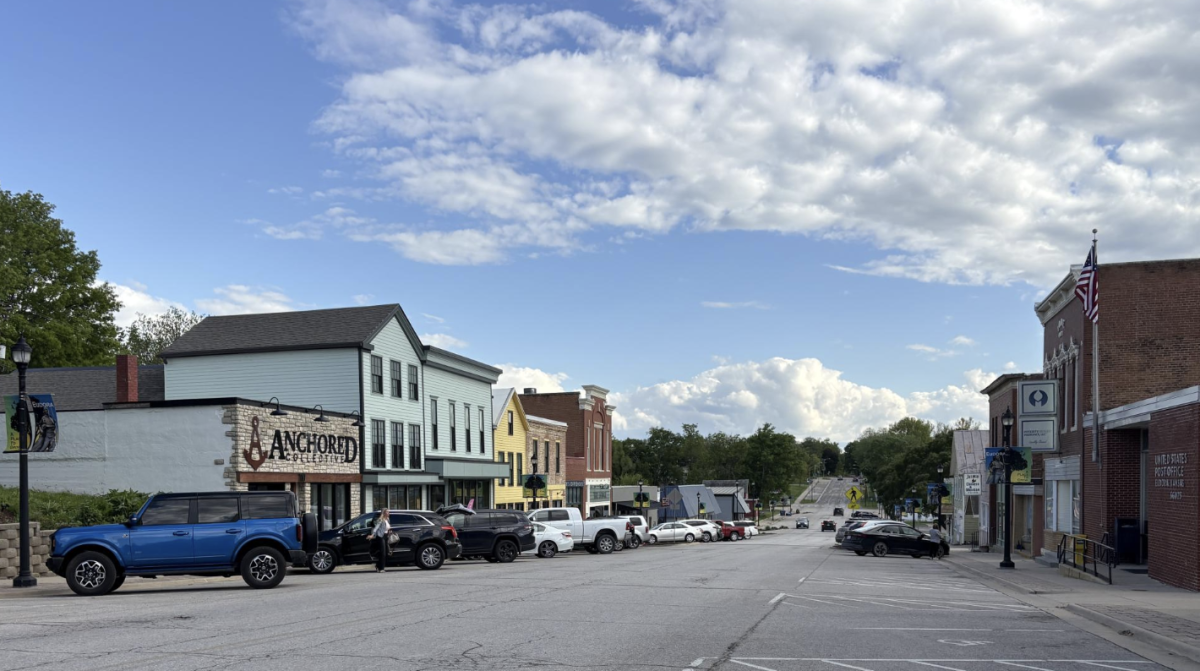This is the fourth story in a five-part series examining the fifth anniversary of the COVID-19 pandemic and its impacts on the lives of area residents. Effects on students, education, athletes, local businesses and public health will be featured.
Kathy Weld had heard the first year in business is the hardest. But nothing prepared her for a pandemic during her second year.
The pandemic hit local businesses hard, requiring them to limit indoor seating, manage staff amid a rapidly spreading virus, reinvent ways of doing things and adjust to new norms.
Local businesses reflected on what life was like five years ago and how they survived – including getting past the toilet paper shortage.
At Zeb’s, everything changed when the pandemic hit, requiring staff to take a new approach to their business model, Weld said.
Zeb’s had to transition all orders to curbside pick-up and close the dining room, a change that basically happened overnight, Weld said.
Weld said they were lucky to have already had online ordering options set up before the pandemic hit, but it wasn’t something many customers used. The online platform was not optimized for a mass amount of orders that had started coming in.
Customers had to either order online or call Zeb’s to place their to-go orders. Their software at the time also did not include a place for customers to tell the shop when they arrived. Customers had to call to tell employees, so the phone was constantly ringing.
Baristas had to use a description to go up and down Main Street to deliver orders to the right vehicle because there weren’t designated Zeb’s curbside spots, either.
It wasn’t irregular to have five or six online orders coming in all at once, Weld said. That can be hard to manage when one employee is spending all their time running orders out and the other couple are making orders.
Every day, staff had to think about what they could do better to resolve issues and help the process run smoothly. A few months later, the dining room was able to open. But with changing regulations, tables had to be kept 6 feet apart, limiting the number of people who could sit down.
When the shutdown happened, Zeb’s saw a clear drop in the sales they were receiving from recent months. It was harder to compare year-over-year data, though, because Zeb’s had so much growth in the year since it’s opening. Zeb’s wasn’t able to qualify for different grants and funding resources because year over year, the sales didn’t look like a large decline, Weld said.
What did help Zeb’s make some extra sales during the pandemic was its half-gallon iced latte jars, Weld said. The team used concentrated cold brew to prepare extra large lattes to allow people to have them for multiple days. It became a popular item when the dining room was closed, and staff members were using all the extra space to prepare massive amounts of cold brew, Weld said. It was something they never would’ve tried without the pandemic’s influence, she said.
It was a blessing to be able to give people a little bit of normalcy throughout their otherwise upside-down world by crafting them their favorite drink, Weld said.
“We were so thankful to be able to serve our community in that way, and just hearing the support from the community was huge for us,” she said. “I mean, we would bring their latte out, and we had some people just in tears that they were so happy that they had at least something that was normal, that it was like that little bit of a break from the chaos.”
It was a hard time, and Weld does not want to go back to it, but there were also things that showed Eudora’s support and community love, she said.
The pandemic normalized the convenience and simplicity of online ordering, Weld said. Zeb’s continues to have double the amount of online orders per day than they used to have in a whole day before the pandemic, she said. Many people come inside to pick up their online orders, rather than using curbside.
“I definitely have seen a shift in people wanting to return to gathering in person and really valuing having those human-to-human connections as well. So it’s kind of both sides of – people continuing to enjoy the convenience of online ordering, but people also really enjoying the human connection,” she said.
A desire for people to gather together was further emphasized by the pandemic, and they immediately saw students and adults gathering again at Zeb’s.
When school was still virtual, students began meeting at Zeb’s to do schoolwork together. A customer posted a photo of some of the students in one of the Eudora Facebook groups. The post got a lot of attention from other residents and raised interest in creating a way to help pay for students’ coffee and pastries. This is when the student card was born.
“We had over $1,000 that was loaded onto this gift card by just different people in our community wanting to be a blessing to our students and be able to buy them a drink while they’re at Zeb’s studying,” she said.
Weld said in 2022 things started to feel normal again. Sales stabilized, the public started to meet again and public health policies around space requirements had ended.
People felt more comfortable going to the places they knew and they weren’t trying new places as much, Gambino’s owner Aaron Boden said. The local pizza shop was something that felt safe to Eudora residents, so it was a place people were still taking out during the pandemic, he said.
“I think, if anything, the long-term effect was it made us closer to community members, because they did trust us,” Boden said. “People were saying, ‘Hey, let’s get something to eat. And I know all the people down at Gambino’s, know the faces. And I’m good with that. Let’s just stick with that.’”
Initially, Gambino’s had to close the salad bar and buffet due to health department guidelines. Soon after, the dining room was shut down.
When eating in the dining room was allowed again, it meant half as many tables as usual to keep the 6-foot space between. They kept a plexiglass barrier up between the register and the customer to help stop the spread.
“We were already a carry-out and delivery business, so losing the dining wasn’t the end of the world for us,” he said.
Changing to curbside pickup and contactless pickup inside the restaurant, as well as contactless delivery, helped them adapt to the changing time.
Those new techniques had to be quickly figured out, because right away Gambino’s lost about 40% of its sales before people started picking up and ordering delivery in higher numbers.
“We gained all that back, plus some more,” Boden said.
Gambino’s did what it could to keep people employed, while also handling employees getting COVID and trying to keep staff safe.
“It was a very trying time, and we hope that we never have to do that. You know, we can’t make money unless we’re there and our bills didn’t stop. That was the problem. Thank goodness for, you know, payroll protection and employee retention credit, because it helped, and it was very much appreciated,” he said.
Barbwire Barbecue opened its doors in the middle of the pandemic in September 2020. But with all the support from the community, the restaurant was able to increase its hours to include lunch, as well.
Owner Jason Musick said they took the outlook of just going with the flow to see where it went. Although some thought they were crazy for opening during a global pandemic, Musick said they were just excited to have a family friendly place for people to sit down and have good food.
“I’m like, yeah, I know, we’re Musicks, of course we’re crazy,” Musick said.
Musick said they knew going in it was going to be important to have a point of sale system equipped for a lot of to-go orders, especially since many were still apprehensive of eating inside.
To-go ordering has stayed popular with 30-40% of their orderings being to-go.
The community showed up for them, and made it clear small businesses are important to them, Musick said.
The pandemic has made him more cautious of things and more mindful of how much things can change.
“It’s just being a lot more mindful and saying, ‘Okay, if there was another COVID that happened tomorrow, what will we do?’” Musick said. “So that’s always been kind of in the back of our mind – I’m sure at the back of a lot of operators’ minds. But again, you can’t run with fear.”
The city’s economic development projects have also been affected by the pandemic and the economy that surrounded it.
Plans for a bowling alley and other family entertainment fell through when companies felt it wasn’t a good time to move forward with new projects.
Assistant City Manager Zack Daniel said with the uncertainty at the time, how long the pandemic would last and what impacts will be on businesses put a hard stop on all of the development opportunities companies were pursuing.
Daniel said this not only relates to the bowling alley, but other additions that were discussed for Nottingham Center. The city was told that the businesses wanted to wait for the dust to settle to make any moves.
As the city continues to try to fill spaces at Nottingham, with the market still feeling effects from COVID, some are less willing to build new and would rather partner with either second-generation spaces or some other partner who will be in charge of building.
Thinking about these changes has been part of the city’s marketing recalibrations for both Nottingham and other economic development projects around town.
Five years ago, Gene’s Heartland Foods was dealing with corporate-mandated rationing of toilet paper. At the time, Michelle Martin, the assistant manager, said nothing compared to the panic she’d seen over toilet paper.
“Most people are understanding, some people make jokes and others act like they’re never going to see a roll again,” Martin said at the time.
In an interview Thursday, Martin said people were traveling from as far as Manhattan, Kansas, to buy their toilet paper at Gene’s during the pandemic.
When she looks back five years later, she remembers the time as “chaos.”
After posts on Facebook would say Gene’s still had certain items that were sold out in a majority of other stores, people she’d never seen before would flood the store, she said.
“Back then, social media was a nightmare,” she said.
Items like bottled water and yeast would bring people from all over because Gene’s didn’t see a lot of the shortages that stores in bigger cities did. They got lucky with their toilet paper stock, she said.
The store changed its hours to allow younger and older employees to stock shelves at night in an attempt to keep them from getting sick, she said. There was also plexiglass between every cashier and the customer.
It was unlike anything she’d ever seen, but it was also just a learn-as -you-go lesson, she said.
“I was just glad to work in more of a small town than a bigger town,” she said.
To read more on what the business community was dealing with five years ago, see our story from March 17, 2020, here.
File photo. Hannah Hazeldine delivers coffee to curbside customers at Zeb’s during the pandemic.
